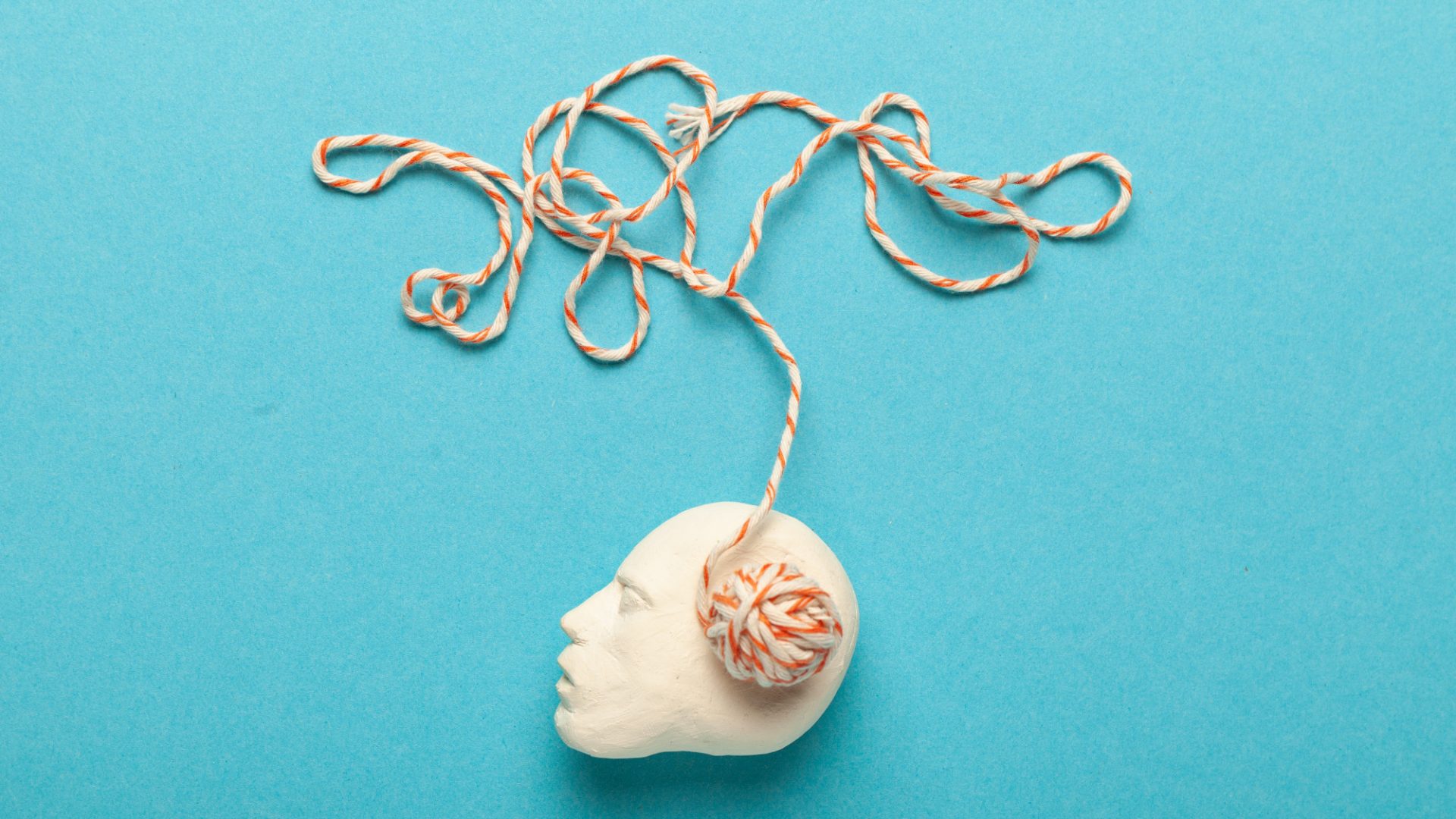It is quite rare for scientific studies to make you burst out laughing. They’re useful and reshape the way we see the world but they’re usually light on the gags. Still, I recently found myself giggling through a piece of research conducted by the University of Pennsylvania.
“Attention deficits linked with proclivity to explore while foraging” is the paper’s title and, granted, not exactly a sidesplitter. Instead, what amused me was the way they tested out their hypothesis, which is that ADHD – attention deficit and hyperactivity disorder – may have developed as an evolutionary advantage for early humans.
How to show this? Easy! Make 457 adults complete a foraging game, in which they are tasked with collecting as many berries as possible in eight minutes. Every time a participant foraged from a bush, the number of berries they could get from said bush would decrease. Moving to a different bush would take more time but result in finding more berries.
Participants were, before the experiment, screened for ADHD-like symptoms. Those who scored higher on the ADHD scale also scored higher in the game, as they were more likely to move from bush to bush. That is, perhaps oddly, the bit that made me laugh out loud.
I got diagnosed with ADHD several years ago. Were I to play a game like this, I would just endlessly run from bush to bush, giggling manically, trying to become the person visiting the most bushes in eight minutes, even if it weren’t the purpose of the game. Is this where I should mention that my appointment with the psychiatrist was cut short because my case was so clear-cut?
More seriously, watching countless people get told by doctors that there is a reason why they are the way they are over the past few years has been a joy. ADHD can be immensely frustrating. It makes you fidgety, forgetful, unable to stay still, unable to focus, bad at relationships, bad at holding down jobs, prone to addiction, easily frustrated and incapable of developing any form of impulse control.
People who have it are more likely to develop depression, anxiety, insomnia, eating disorders, alcoholism, and heaven knows what else. They – well, we – are also often told that we’re annoying, unreliable, lazy, and never quite reaching our full potential. There’s no wonder why countless people with ADHD suffer from low self-esteem.
This is why getting a diagnosis, especially later in life, can be such a godsend. All these personal flaws you thought you had are actually symptoms of a condition you developed or inherited. It’s not your fault! What a game-changer. That is what many writers have opened up about recently, both in newspapers and books. I’d like to take it a step further.
ADHD can be immensely frustrating but it can also be wonderful. My inability to focus on anything for long means that I also never remain sad for long, no matter what’s happened to me. My inability to sit still means that I get so much done every day, even if a lot of it is frivolous. No day has ever “gotten away from me”.
I can’t hold down an office job and that means I’ve had to create a working life that suits my weird brain, and my quality of life is now better than many of my friends’. I’m always thinking about roughly seven different things simultaneously, which means I’m always fizzing with ideas. My constant need for novelty means that I’ve picked up a million and one hobbies over the years, and I’m good at some of them and bad at others, but it doesn’t matter. I’m just getting to experience countless facets of life, which will usually pass by others.
Really, I feel like I’ve lived a lot more than many of my peers, with all the highs and lows that entails. It can be exhausting but, on balance, I wouldn’t change it for the world. My only wish is that society one day decides to accept us as we are, and see us as different but equal.
As that study showed, we probably exist because, at some point, early humans realised that people willing to go off and explore were useful to the group. A few thousand years on, it’s fair to say that society would still be duller without us. After all, many musicians, actors, writers and creatives have ADHD, and you’d miss us if we were gone. All we want is a world that is more welcoming to our kind. It shouldn’t be too much to ask.




